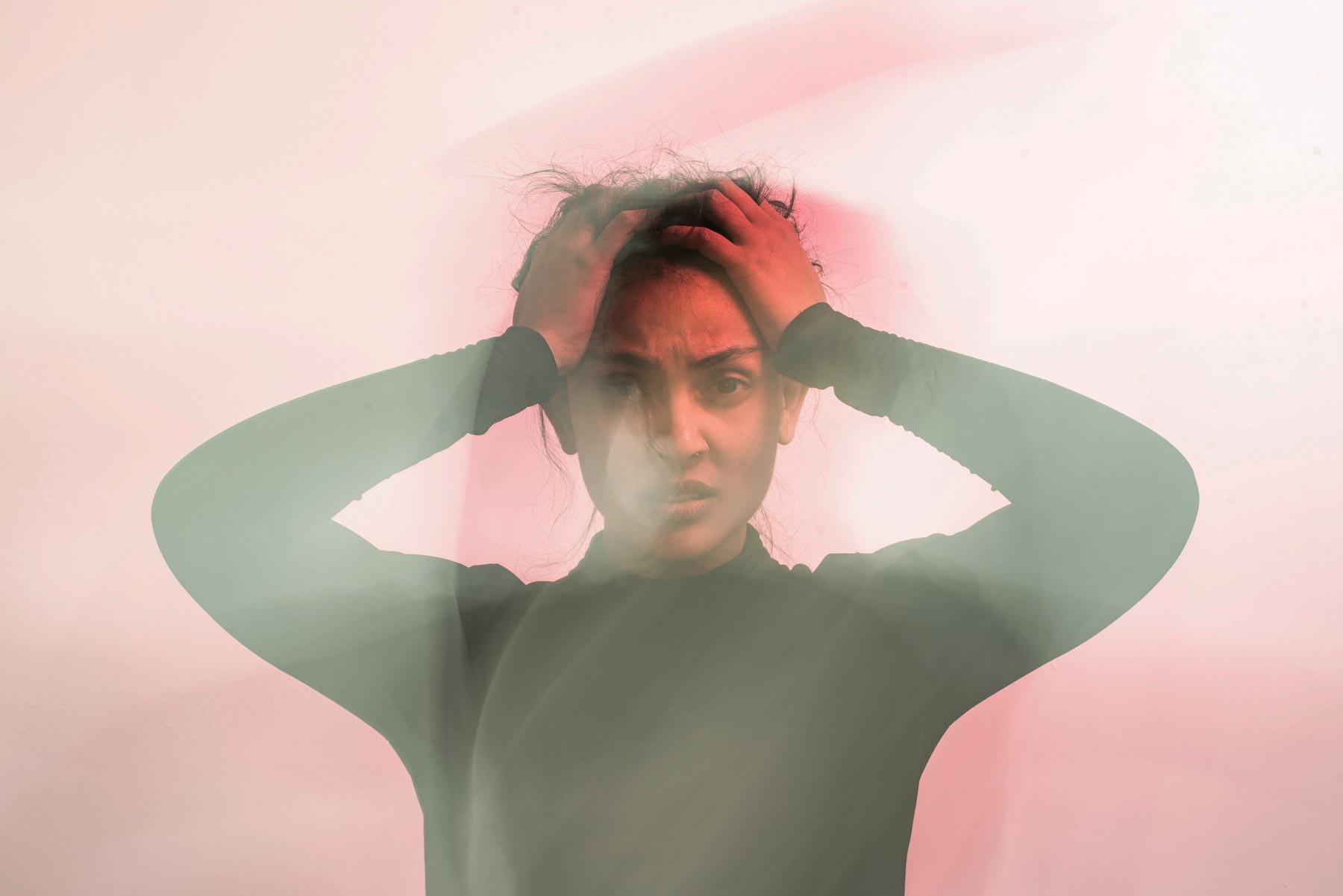What Is Anxiety?
Anxiety is that feeling we get of “butterflies in the stomach.”
In its gentler forms, anxiety is a kind of nervousness, like when we performed at a piano recital when we were kids or when we give a speech in public. We can also feel anxious when we’re worried about a project that’s due at work, or we have trouble in our relationships or with our children. When this anxiety becomes troubling, we might begin to lose sleep about it or become easily irritable.
Anxiety is particularly scary, though, when it comes on like an attack. Sometimes these “panic attacks” come as a result of a frightening situation and sometimes they can come “out of the blue,” for no apparent reason. We have no control of it and we might even feel like we’re going to die.
What does an anxiety attack look like?
- Racing heartbeat
- Shallow breathing, lack of breath
- Upset stomach or headache
- Sweating palms and armpits
- Flushed face
What should you do when you’re having a panic attack?
Don’t panic! Just breathe. And remember these points:
-
- People don’t die from panic attacks. Your body won’t let your heart beat faster than it’s able.
- Panic is a form of fear that is perfectly natural. It’s the brain/body’s response to a perceived threat in your environment.
- All panic attacks are temporary. This will pass.
- Supplying oxygen to your brain helps slow down the panic response and also helps you think more clearly, so take a few deep breaths, in through the nose and out through the mouth. Make sure your out-breath lasts longer than your in-breath so that you don’t hyperventilate. You might hold your breath for a second at the top and bottom of each breath.
- After a few deep breaths, return to your normal breathing and just pay attention to your breath. This helps you become grounded in the present moment.
- Identify five things you can see and say them out loud. Then identify five things you can hear, then five things you can feel. Repeat this with four things you can see, hear and feel; then three, two and one.
- Hold on to something: your steering wheel, a stone, a coin in your pocket, or the person next to you (if they’re okay with that!).
- Don’t be afraid of what people might think—that only makes you feel more anxious! Remember that most people have had a panic attack at some point; we’re all just too afraid to admit it!
- Once the panic attack is over, you may feel exhausted. Take time to rest and treat yourself gently—no beating yourself up about it! Thank your brain/body for alerting you to danger. Reassure yourself that you’re okay.
~ Roger





This Post Has 0 Comments